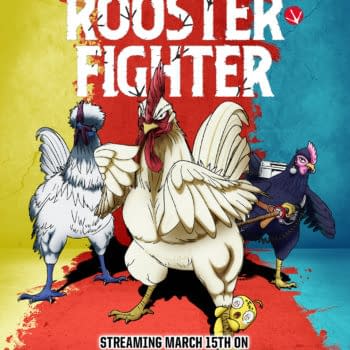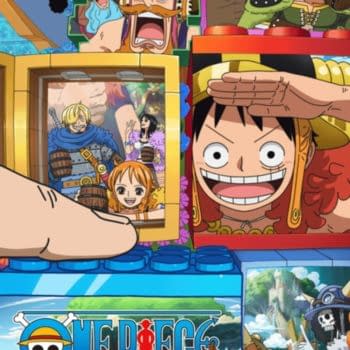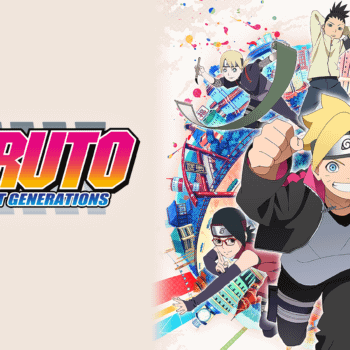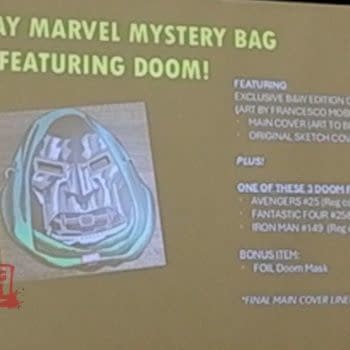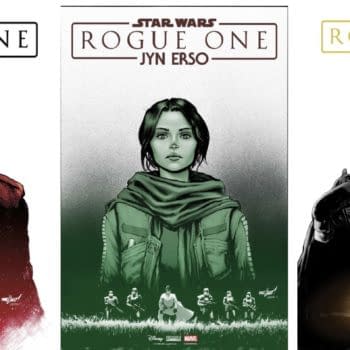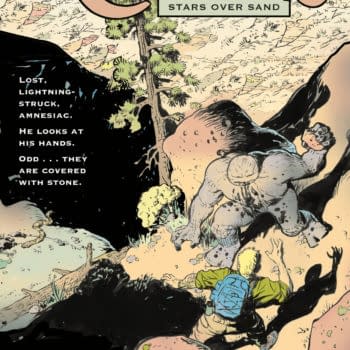Posted in: Comics, Manga | Tagged: anime, attack on attack, bleach, cowboy bebop, Demon Slayer: Kimetsu no Yaiba, dragonball, Fullmetal Alchemist, ghost in the shell, kodansha usa, Lone Wolf & Cub, manga, naruto, one piece
Attack On Titan and How Anime-Manga Success Works
Attack On Titan is still the most buzzed-about international anime series in the world right now. It's practically the Game of Thrones of anime. There are other, more recent hits like Demon Slayer: Kimetsu no Yaiba, but they haven't hit the massive numbers as Attack On Titan. Both series achieved success in the Western – mainly US and UK – market in the same way, and it's worth a look at how that works.
In Japan, Manga are Hits First
In Japan, a manga or Light Novel series first becomes a bestseller before the publisher decides to invest in greenlighting an anime series. The anime serves as a marketing tool for the series, designed to attract new audiences to the series who might then go on to buy the books. This pushes the series into a higher-selling bracket and turns it into a full-blown franchise with various spinoffs – toys, videogames, merchandising, even stage plays and audio dramas. The IP becomes a virtually self-sustaining money-making machine. This is what every creator and publisher hopes for with a series.
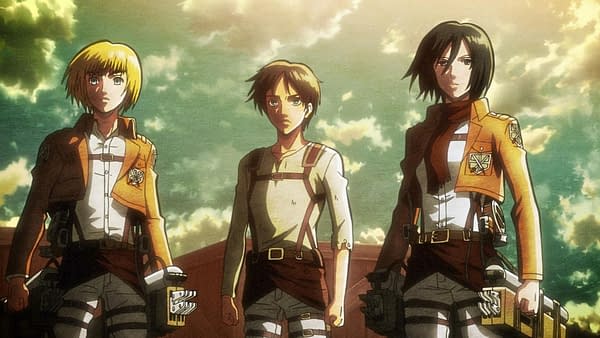
In the US, Anime are Hits First
In the US and the West, the success of a manga series is actually somewhat reversed. Fans usually discover a new series first as an anime series before deciding to buy the original manga version. Attack On Titan is a particularly interesting case study because Kodansha Comics began publishing its English edition before the anime premiered. The sales of the manga were reportedly disastrously low. Then the first season of the anime premiered, and the series became an international phenomenon. Fans in the US and the West began buying the manga series and pushed it to bestseller charts, its sales rivalling, sometimes even beating sales for The Walking Dead comics, which had been the bestselling comic series in the US.
This indicates something that I've long suspected, that something doesn't have any real cultural impact in the US until it's on TV. Fans of Attack On Titan didn't know it existed until it became an anime series. The vast majority of manga series only became hits because they had anime series, including Inuyasha, the Dragonball series, Fullmetal Alchemist, Cowboy Bebop, Ghost In the Shell, One Piece, Naruto, Bleach and pretty much any hit right now. Many fans don't even know these have manga series. Back in the 1980s, manga were sold on the strength of being manga, but that market has changed drastically. Nowadays, hardly anyone talks about Lone Wolf & Cub the original manga series than the movies that adapted the manga. Even George R.R. Martin's Game of Thrones novels, which were already multimillion copy-selling international bestsellers, didn't become part of mainstream culture until it became a successful HBO TV show.
All this leads to one conclusion about any piece of culture in the US: if it ain't on TV, it doesn't exist.
Attack On Titan is currently streaming on Crunchyroll and Funimation.




